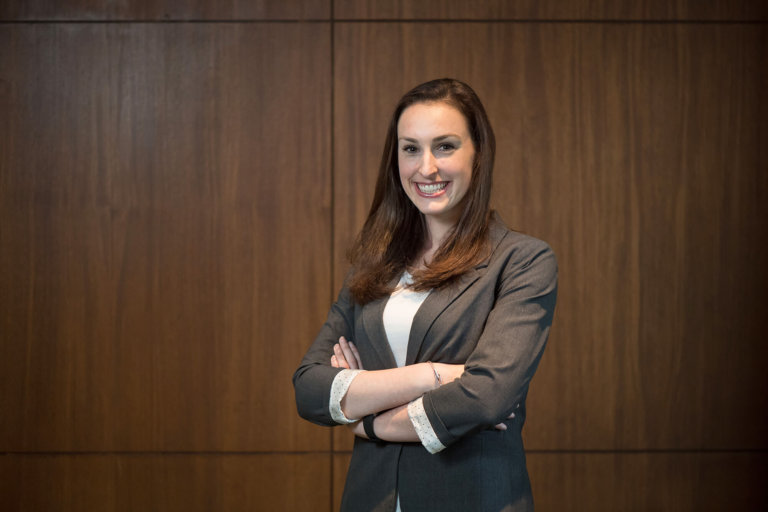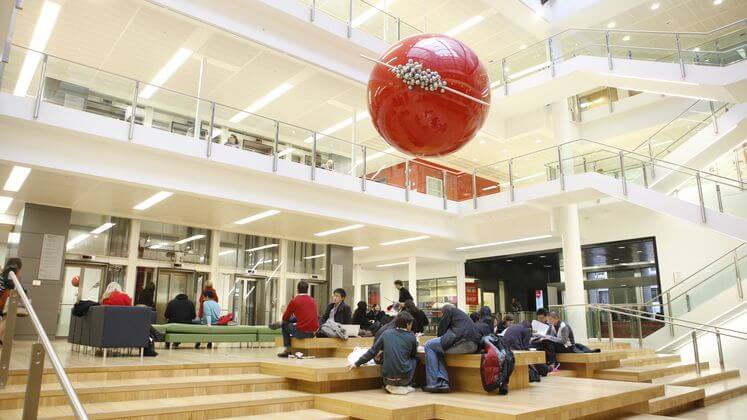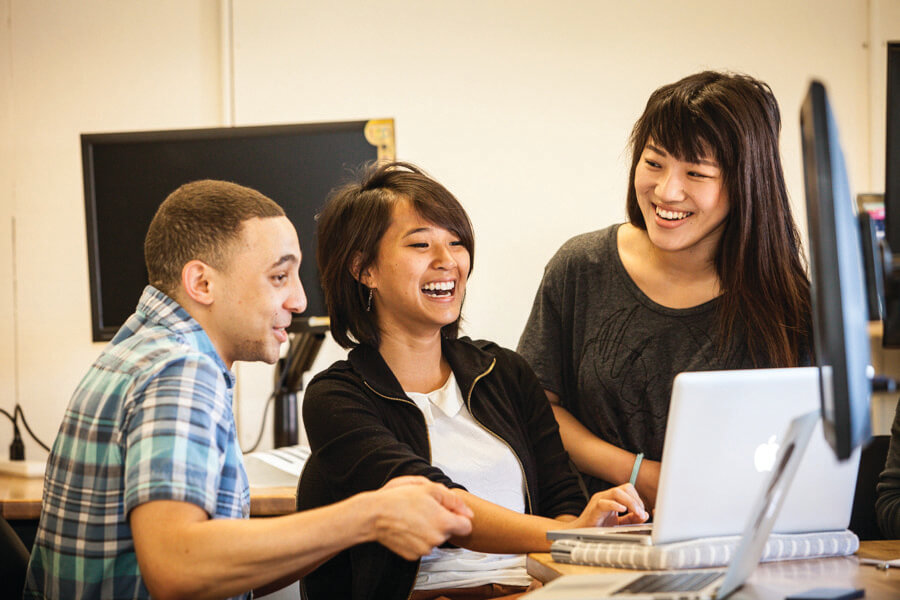
From fighting the pandemic — and winning — to helming some of the most successful tech companies in Silicon Valley, influential women all around the world are making history. On paper, women in businesses are breaking glass ceilings and taking over. This, however, only tells part of the story.
Many barriers remain. Although the proportion of mid-market companies with at least one woman in senior management around the world has held steady at 87% and figures have risen by almost 20 percent over the last five years, women-owned businesses are still in the minority. Women entrepreneurs continue to face more challenges than men. Subtler, but no less significant, issues are also holding women back. In a board room filled with men, women may feel the need to adopt a stereotypically “male” attitude toward business: competitive and aggressive.
With the right knowledge, skills and experience women can, not just survive, but thrive despite this adversity. These universities offer the programmes and support that do just that:
Bentley University

Source: Bentley University
Bentley University is in the business of producing the next generation of global women leaders with no shortage of intellect, experience, and courage. Women from Bentley’s graduate program have won national accolades in healthcare analytics competitions and utilized their STEM skills to climb the corporate ladder of the Fortune 500.
A Bentley team of four women from the Master of Business Analytics (MSBA) program recently placed second in the Humana-Mays Health Care Analytics Case Competition at Texas A&M University. By simultaneously running 19 models with 40 combinations of data wrangling, variable selections and machine learning algorithms, students Hanyin Ni, Uyanga Sumiya and Qi Xu beat out teams from larger programs across the U.S.
That same graduate program helped propel Amanda Dery MSBA ’16 in her data science career. “At the end of my rotation in EMC’s Business Operational Rotation Program, I was the first rotator without a master’s degree to be offered a full-time role on the data science team,” recalled Dery. “However, I knew that growth in this role would be challenging without advanced training so I started to pursue my master’s degree at Bentley almost immediately.”
After completing her MSBA, she accepted a position as senior data scientist at Virgin Pulse working on the analytics of health, wellbeing and employee engagement. “Bentley’s MSBA program exposes you to a wide variety of analytics techniques and I found that every class was directly applicable to what I was doing at work,” said Dery, who used modeling techniques from classes like data mining, time series and customer data analysis.
To learn more about these, and other stories of successful Bentley University graduate students, click here.
University of Warwick
Run by a volunteer committee of alumni and students, the Women’s Professional Network at University of Warwick brings together all current students, staff and alumni of Warwick Business School and the University of Warwick.

Source: University of Warwick
Alongside face-to-face events, the group offers a place to network, learn, share experiences and help women grow and develop professionally. Members can invite guests, work colleagues, and contacts of their choice to events.
Championing gender equality, the Women’s Professional Network is committed to working towards a more gender-balanced future and breaking down physical, cultural and mental barriers through both research and educational programmes. It is proud to be the first business school to receive the Athena SWAN Silver Award for improving gender equality.
“Today, there are role models in various professions and at all levels and the choices are therefore wider. However, the challenge remains access to opportunities, and the still pervasive discrimination and violence against women. We continue to fight for gender equality and social inclusion. It is not enough for women to just get a job, it all depends on the level of that job and whether it is high paying, safe and secure,” said Bience Gawanas, University of Warwick alumni and Special Adviser on Africa for the United Nations.
London School of Economics
The Women in Business Society at London School of Economics is one of the largest and most sponsored career-oriented societies at the Russell Group institution. Its unique focus is in championing gender equality within the corporate world. The society is a community of over 500 highly ambitious students with a keen interest in banking, consulting, alternative investments and many other industries.

Source: London School of Economics
LSE is the first UK University to join the Girls Lounge initiative — a new leadership programme designed to champion female entrepreneurs and help them build successful socially responsible businesses.
“This tailor-made programme is based on LSE Generate’s years of work with promising female entrepreneurs, analysing their unique strengths and particular needs. We are truly dedicated in ensuring that adequate early-stage start-up support is granted to every female entrepreneur that engages with us and the #sheinnovates Girls Lounge is one fantastic way of achieving this,” says LJ Silverman, Head of LSE Generate.
University of California, Berkeley
Berkeley Women in Business (BWIB) at University of California, Berkeley empowers the business leaders of tomorrow through leadership development and discourse about gender equity in the workforce. The society strives to develop its members into well-rounded individuals with the skills necessary to succeed in their careers. It is open to all students, majors, and genders who are in support of women in the workplace.

Source: University of California, Berkeley
The organisational structure fosters tight-knit friendships that last a lifetime and through activities such as retreats, socials, and mentorship opportunities throughout each semester. As a result, members develop a sense of belonging and trust within a community that allows for, not only professional development, but personal growth.







